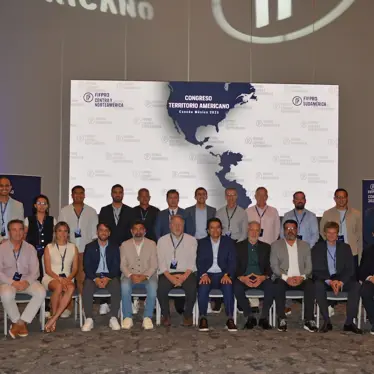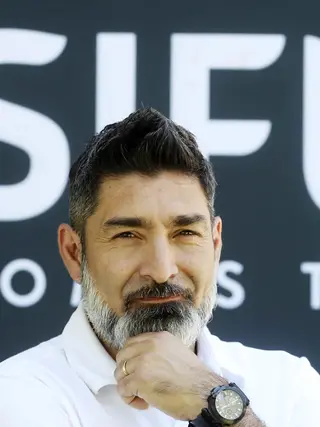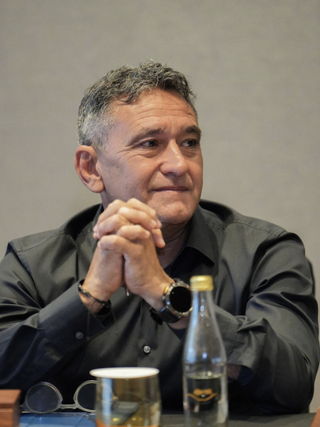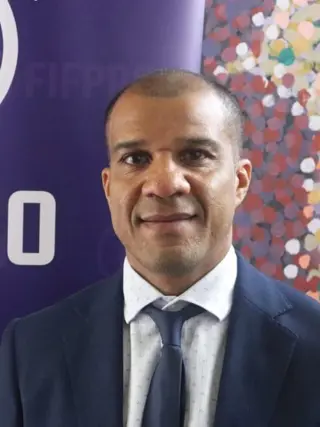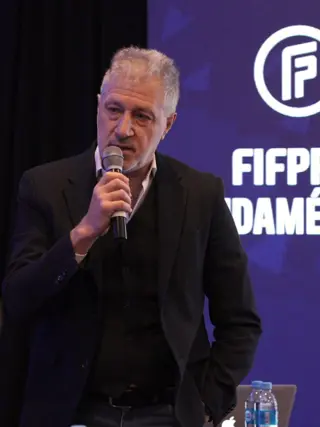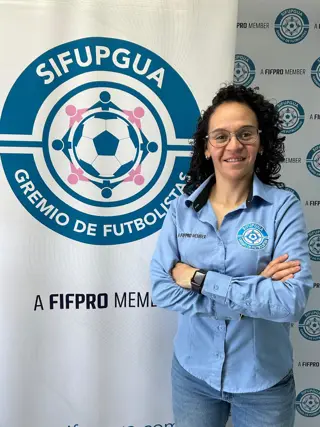FIFPRO Americas

Serving Players in the Americas
FIFPRO Americas is the collective voice of footballers across North, Central, and South America, boasting 15 member unions. FIFPRO South America and FIFPRO Central and North America engage their respective confederations of CONMEBOL and Concacaf, as well as other regional stakeholders, to best serve the interests of footballers in the Americas.

FIFPRO Americas Leadership
Gamadiel Garcia – FIFPRO South America General Secretary
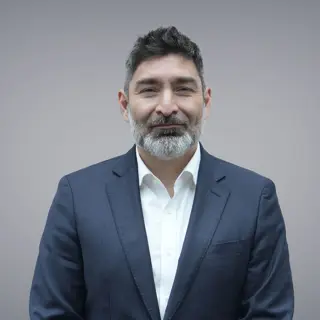
Sergio Marchi – FIFPRO South America President
ARG

Bob Foose – FIFPRO CNA General Secretary

Statistics
- 15
North, Central and South American Unions
- 17,000+
Footballers Represented
FIFPRO Americas Member Unions
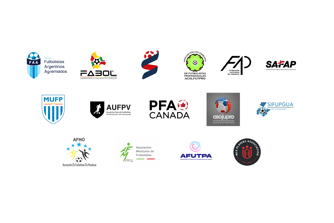
FIFPRO Americas General Assembly reflects common work between both divisions
Latest From Americas
SIFUP provides aid to footballers affected by forest fires in Chile
Read moreColombian player union opposes decision to cut squad sizes ahead of 2026 campaign
Read moreHonduran footballers go five months without pay: "What we are experiencing is inhumane"
Read moreHistoric day for Argentinian player union's Pro Diploma for Sports Managers
Read moreCanada receives full FIFPRO member status, Angola becomes candidate member
Read moreDeportivo Pereira players on strike over unpaid wages
Read moreFIFPRO South America joins forces with CONMEBOL to promote action against racism, discrimination and violence
Read moreUruguayan footballers collect debt after 13 years: "FIFPRO's help was invaluable"
Read moreGuatemalan club owes 17 players up to four months' wages
Read moreFABOL, FIFPRO CAS victory a precedent for footballers in Bolivia
Read more
